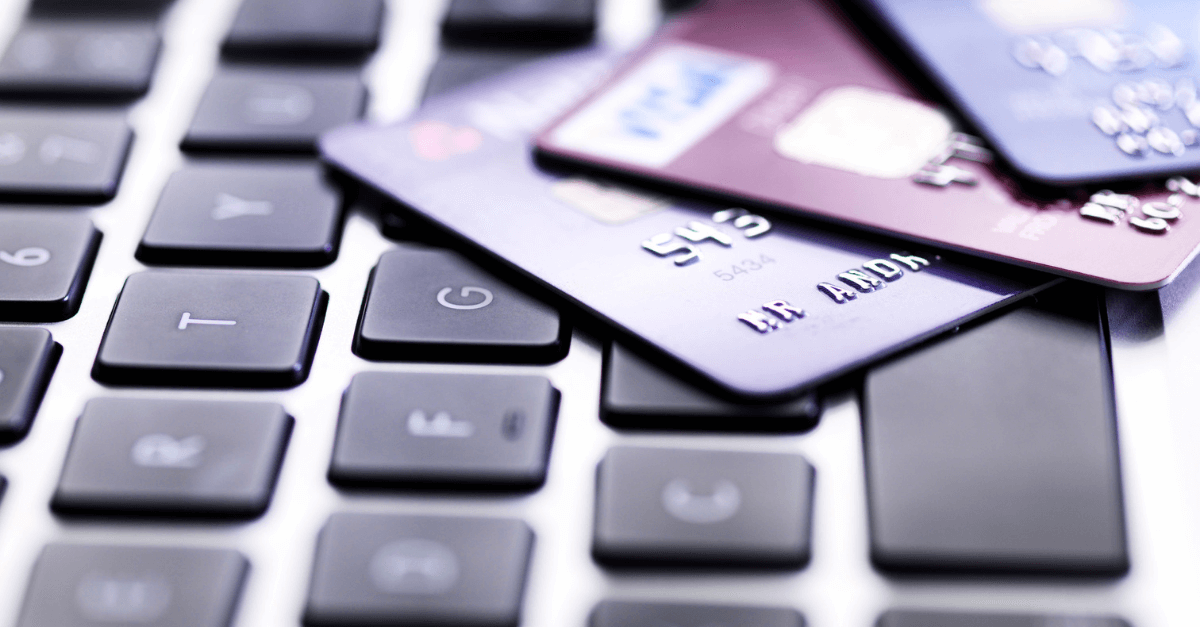Credit fraud is becoming more and more common, and thieves continually work toward staying one step ahead of consumers. If you’re new to the world of credit, being proactive about your finances, or are a victim of credit fraud, it’s time for Dovly 101: Let’s Talk Credit Fraud.
What is Credit Fraud?
Credit fraud is a type of crime in which the criminal uses your personal information to make purchases. They may open accounts in your name that they have no intention of paying back, or they may get ahold of your credit card information and make purchases on your card.
With so many financial transactions being done online in today’s world, your personal information may be at risk. Some ways that cybercriminals may get ahold of your identifying information include:
- Public Wi-Fi – It’s convenient to use public Wi-Fi practically everywhere you go, but it’s not secure or encrypted. When you use unsecured Wi-Fi, personal information can be hacked which may include your account numbers or passwords.
- Data breaches – Confidential information is sometimes unintentionally released by companies you’ve done business with.
- Card skimmers – A card skimmer is a device that can be attached to an ATM or a card reader at a gas station or other type of business. This device can capture your information when you swipe your card.
If you’ve been a victim of credit fraud, you end up being charged for things you didn’t purchase. On top of that, your credit score can be impacted because your debt will be higher and there may be a trail of unpaid bills in your name.
Preventing Credit Fraud
Credit fraud and identity theft are much easier to prevent than to clear up once it’s happened to you. Steps you can take to help protect your personal information include:
- Be cautious when using public Wi-Fi. Avoid logging into financial accounts when using public Wi-Fi.
- Use strong passwords and keep them safe. Ideally, each of your accounts should have its own unique password that’s hard to guess. Passwords should be kept in a safe place. Change your passwords frequently.
- Shred mail and paperwork that has your personal information on it. Dumpster diving still happens, so any paperwork with personal info on it should be shredded.
- Avoid carrying identifying information with you. Only carry the credit card that you expect to be using. Leave any others at home, and don’t bring your social security card or passport everywhere you go.
- Protect your credit card security code. This code on the back of your card is needed to make purchases when you’re not in possession of the card, and it should be protected.
- Watch your monthly credit card statements. Just because you get your credit card statements electronically rather than in the mail doesn’t mean you shouldn’t pay attention to what’s on them. Log into credit card accounts monthly and make sure your balance is what you think it is.
- Watch your credit report. Keep an eye on your credit report to make sure there have not been any accounts opened in your name that you didn’t authorize.
Another way that your identifying information can be compromised is by clicking on links in emails. Some thieves are sophisticated enough to send emails that look very much like those that come from legitimate businesses. Clicking on this type of link can download malware to your computer that then can steal your personal information. It’s better to go directly to a site and login rather than clicking on a link in an email.
What to Do if You’re a Victim of Identity Theft or Fraud
If you discover fraudulent activity on a credit card or debit card, report it immediately. The longer you wait, the more damage may be done. Your bank will most likely close the account with the compromised number and issue you a new card.
If you find out that someone has stolen your identity and is opening fraudulent accounts in your name, issue a fraud alert with one of the three main credit bureaus. Whichever credit reporting agency you notify is obligated to notify the other two. This places a temporary freeze on your credit so that new accounts cannot be opened without your permission. Report identity theft to the Federal Trade Commission at IdentityTheft.gov.
Watching Out for Credit Fraud
When you regularly review your credit report and your accounts, you have a good chance of spotting signs of identity theft or credit fraud before things spiral out of control. Dovly can help you take the steps you need if you need credit help. Our automated system can track, manage and fix your credit, and we can help you dispute inaccurate items on your credit report. When you let Dovly run on autopilot, we can let you know right away if there are any changes to your credit. Get in touch with Dovly today to find out how we can help you rebuild or protect your credit.



